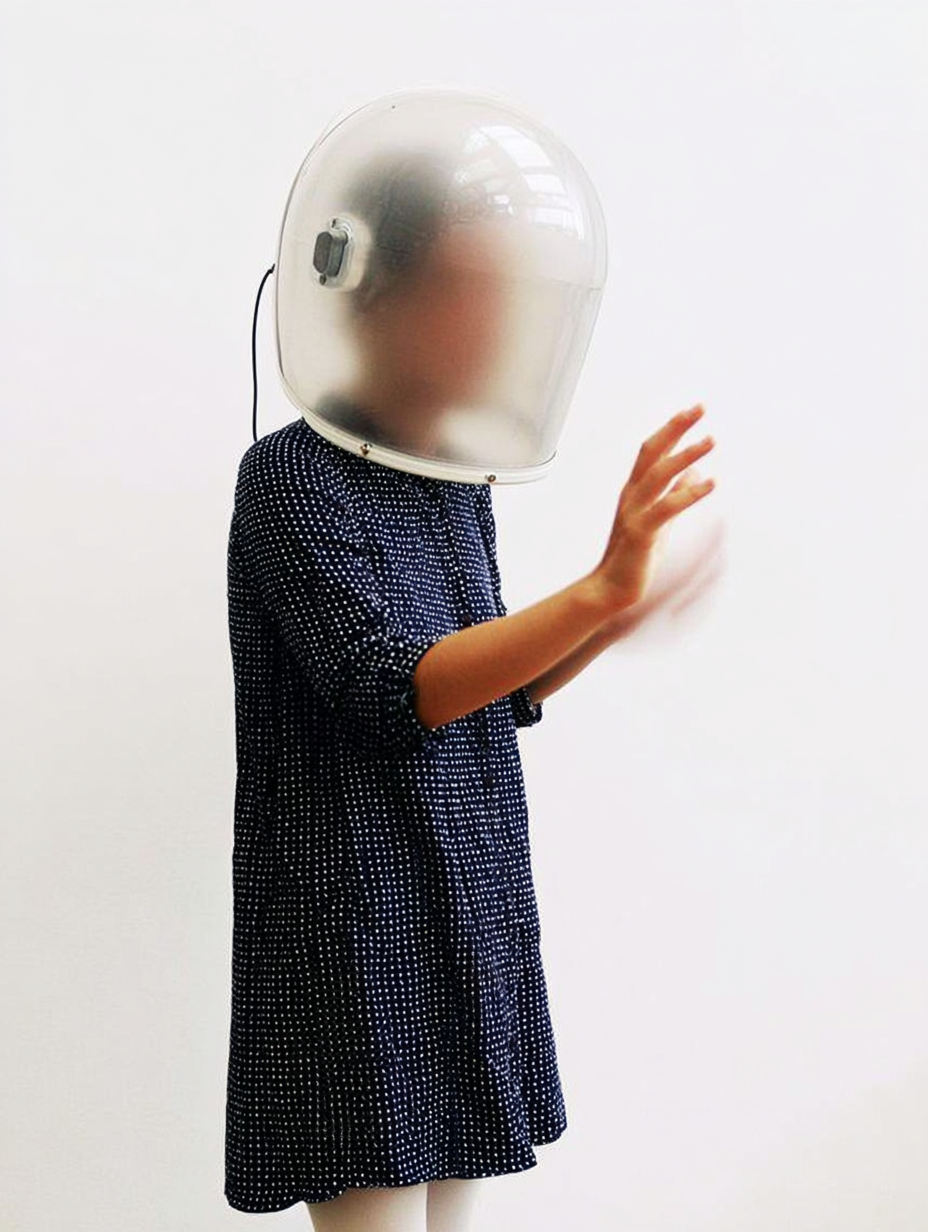
Inviting Intelligence
An exploration in where Intelligence comes from.
Article 05_2025
So what if intelligence, any intelligence, is not created but discovered? Or better yet, invited?
+ Click on Images to View Larger
T
hat question has been echoing in my mind. We tend to think of intelligence — whether human, artificial or collective — as something engineered, built or manufactured. But what if that view is too narrow? What if intelligence already exists in countless forms, waiting for us to recognize it, engage with it and invite it in?
|
Discovering vs. Creating
For decades, we’ve framed human innovation around invention. We “create” tools, we “build” systems, we “design” solutions. Yet some of our most important breakthroughs — electricity, gravity, DNA weren’t inventions at all.
They were discoveries. They were always there, woven into the fabric of the universe, waiting for the right perspective, the right curiosity, the right invitation.
Instead of asking how do I make this?, we might ask how do I create space for this?
A New Role for Creatives and Leaders
The Shift with AI
Artificial Intelligence challenges our traditional notion of creativity and agency. We still say we “build” AI models, but once they’re active, their behaviors often feel less like construction and more like emergence. We tune conditions, provide inputs and guide direction but what surfaces can be surprising, even beyond what their creators anticipated.
Maybe intelligence is not a static endpoint, but a living interaction. Something that flourishes when conditions allow. Something invited.
Maybe intelligence is not a static endpoint, but a living interaction. Something that flourishes when conditions allow. Something invited.
A New Role for Creatives and Leaders
This shift reframes how we as designers, strategists and leaders should think about intelligence:
Instead of asking how do I make this?, we might ask how do I create space for this?
Instead of forcing control, we might lean into curiosity, guidance and openness.
Instead of fearing AI as competition, we might view it as a collaborator one we invite to the table, rather than one we try to dominate.
Invitation as a Practice
The act of invitation is powerful. It’s how we foster innovation within teams. It’s how we build trust with communities. And it’s how we might reshape our relationship with AI.
Inviting intelligence doesn’t diminish our role as humans. It amplifies it. Because the invitation requires empathy, vision and responsibility — qualities uniquely ours.
So, what if our future is not about building smarter machines but about becoming better inviters of intelligence? What kind of world could that open up?
–
All imagery was created with AI, but concepted by a human — me.
